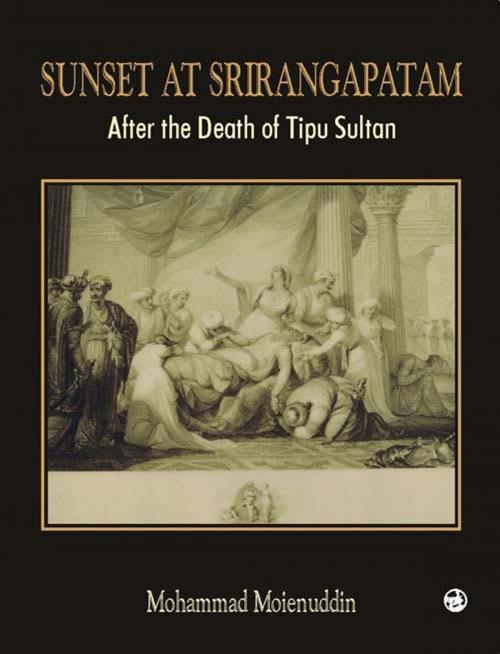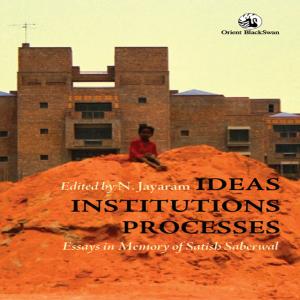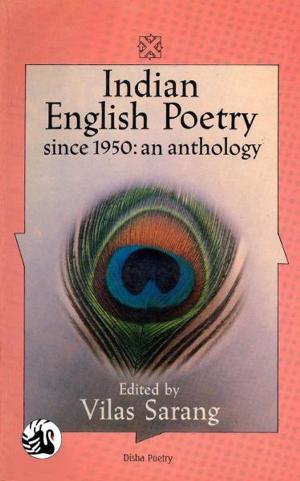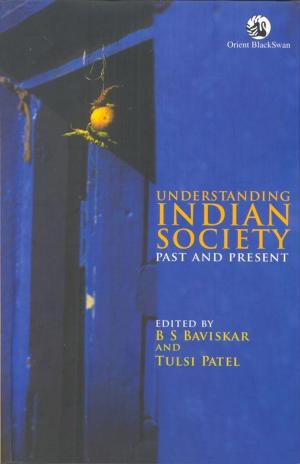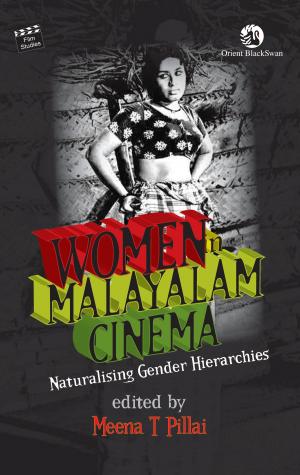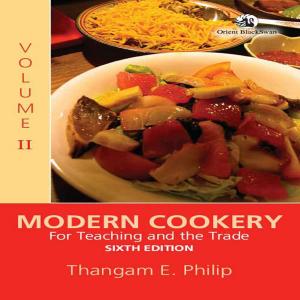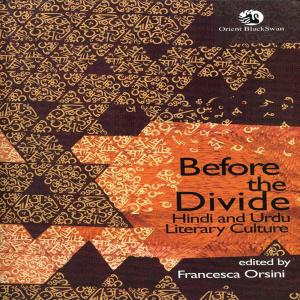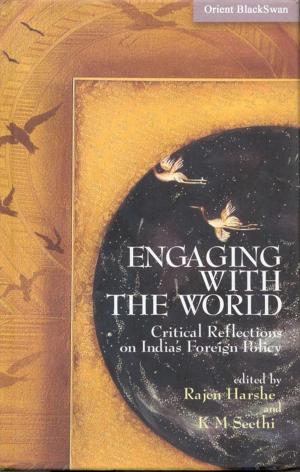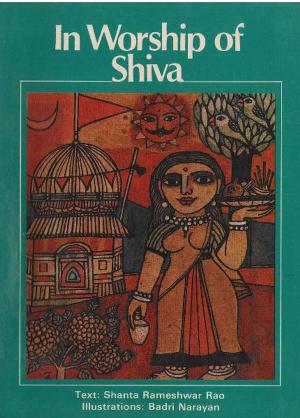| Author: | MOIENUDDIN, M. | ISBN: | 9788125047704 |
| Publisher: | Orient BlackSwan | Publication: | November 15, 2012 |
| Imprint: | Language: | English |
| Author: | MOIENUDDIN, M. |
| ISBN: | 9788125047704 |
| Publisher: | Orient BlackSwan |
| Publication: | November 15, 2012 |
| Imprint: | |
| Language: | English |
This book deals mainly with the historical role of the most valourous and fascinating ruler of the eighteenth century, Tipu Sultan. Tipu Sultan has been portrayed by historians, especially by the colonial but also by some post-Independence Indian historians, as a religious bigot, a fanatic, a king who oppressed non-Muslims and forcibly converted them to Islam. But, a sensitive reading of Tipu reveals the nuances of his character and shows that he was a just king who made the welfare of his people the primary motive of his governance. A detailed descriptive analysis of 127 relics of Tipu Sultan is also provided.
This book deals mainly with the historical role of the most valourous and fascinating ruler of the eighteenth century, Tipu Sultan. Tipu Sultan has been portrayed by historians, especially by the colonial but also by some post-Independence Indian historians, as a religious bigot, a fanatic, a king who oppressed non-Muslims and forcibly converted them to Islam. But, a sensitive reading of Tipu reveals the nuances of his character and shows that he was a just king who made the welfare of his people the primary motive of his governance. A detailed descriptive analysis of 127 relics of Tipu Sultan is also provided.
